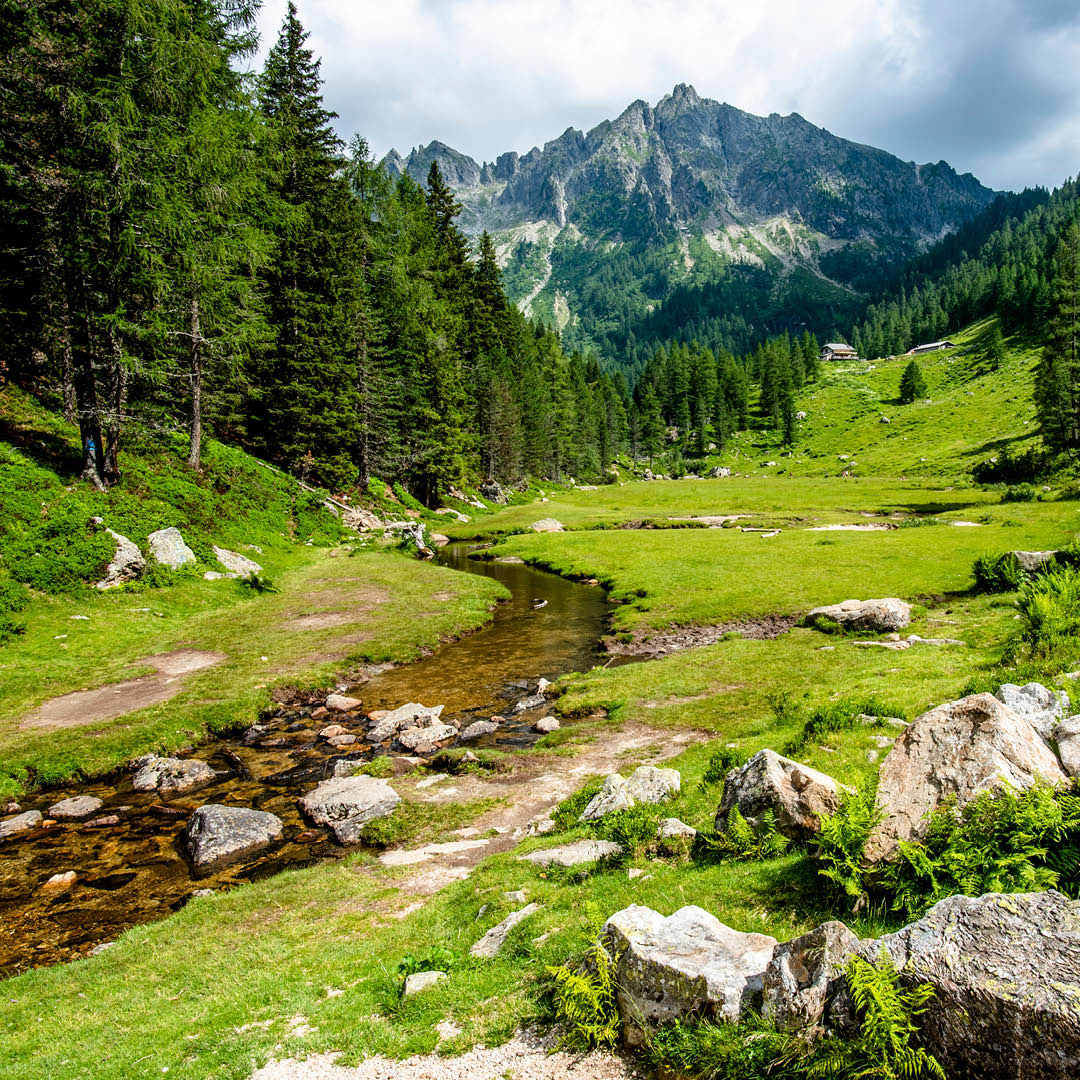
Fluvial Biogeomorphology Summer School

Rivers and their floodplains are among the most complex, dynamic, and diverse ecosystems. The shape and dynamic evolution of rivers results from complex interactions between water flow, sediments, and riparian vegetation, which is now recognised as one of the key components acting as a river ecosystem engineer. This Summer School will provide a unique multidisciplinary training experience integrating geomorphology, hydraulics, and vegetation dynamics. Participants will gain a comprehensive knowledge base, acquire fundamental insights into the basic processes, and learn to use and develop tools to understand how physical and biological processes interact to shape the river ecosystem. The program offers cutting-edge knowledge in fluvial biogeomorphology, riparian vegetation modelling, and remote sensing technology delivered by an international team at the forefront of biogeomorphology research.
Organising Team
The Summer School is jointly organised by the Department of Geosciences, University of Padova (Simone Bizzi, Elisa Bozzolan, Nicola Surian) and the Department of Civil, Environmental and Mechanical Engineering, University of Trento (Walter Bertoldi, Marta Crivellaro, Annunziato Siviglia, Guido Zolezzi).
Where
Agordo, “Old mining site” (Centro Minerario di Valle Imperina). The summer school is residential.
Who
PhD students and early career researchers are welcome. The number of participants will be limited to 25 to ensure high-quality discussion and hands-on activities in the field and with mathematical modelling.
Lecturers Team
In addition to the organising team, we are pleased to confirm the participation of:
- Angela Gurnell (Queen Mary University of London)
- Carlo Camporeale (Politecnico di Torino)
- Dov Corenblit (Université Paul Sabatier Tolouse)
- Hervé Piégay (ENS de Lyon)
- Peter Edwards (ETH Zurich)
Program
The Summer School will address these topics:
- General overview of vegetation / fluvial morphology interaction, with a focus on landform building over spatial scales
- Ecological traits of plants and ecosystem processes
- Biogeomorphological feedbacks from individual plants to communities (succession, populations, life cycle)
- Monitoring vegetation through remote sensing
- Mathematical and numerical modelling of vegetation/morphology feedbacks
- Climate change and drought effects on riparian vegetation
- Management of vegetation in a changing environment
- Plant and alien species invasion
- Case studies on river/vegetation interaction on a range of scales.
Afternoons will be dedicated to hands-on activities including a field visit, the group works on remotely sensed data, and on mathematical and numerical modelling.
Fees
The fees range from 500 to 870 euros, depending on the type of accommodation (see details below).
The fees cover:
- Participation in all the lectures and activities during the Summer School (Monday to Thursday)
- Participation in the workshop HymoWat on river management across the Alps (Friday in Belluno)
- Bus transfer from Belluno train station to the Summer School location on Sunday afternoon and back on Friday morning
- Meals from dinner on Sunday to lunch on Friday; food preferences will be collected after the selection
- Accommodation from Sunday night to Friday morning (5 nights), in three possible solutions:
- Shared room, hostel style with 4 to 6 beds - 500 euro
- Twin room (after the selection process you will choose your roommate) - 670 euro
- Single room - 870 euro
Registration
Online registration form
Deadline for the registration: 9 May 2025
For any questions, please contact: Marta Crivellaro - marta.crivellaro@unitn.it